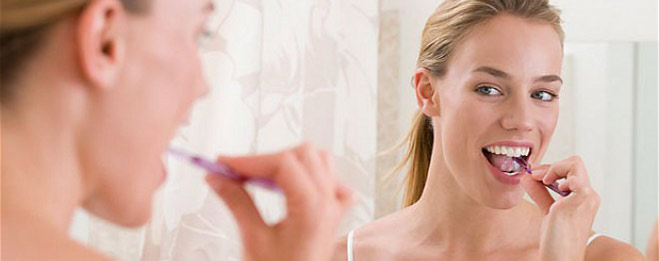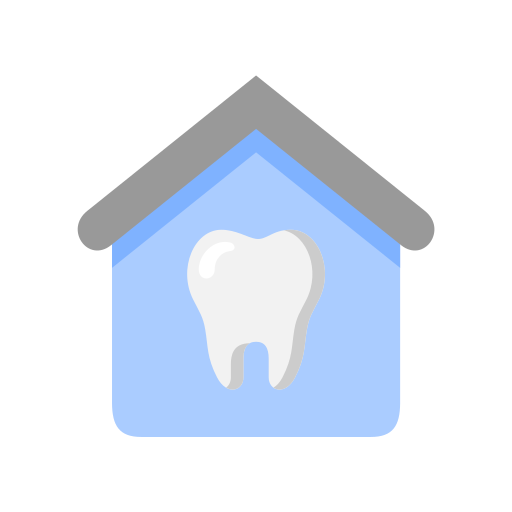Preventive Dentistry
Contact Form

Dental hygiene, also known as oral hygiene, is the process by which preventative dental care is provided to avoid dental emergencies. At the core of dental hygiene is the in-home dental care regimen you perform. Your at-home regimen is supplemented with professional preventative dental care provided by dentists and licensed dental hygienists.
While you are responsible for day-to-day dental maintenance, dental hygienists, along with general dentists, family dentists and cosmetic dentists, play an integral role in preventative oral care.
Oral Hygiene
Tooth brushing is fundamentally important, though it alone will not remove the calculus (also called tartar or dental plaque) that builds up over time. Calculus must be removed to lower your risk of toothaches, cavities, periodontal disease or even the loss of all your teeth. By removing calculus, you can reduce your chances of needing root canals, tooth extractions, dental bridges, crowns and more.
Getting to the Root of Dental Hygiene
Over time, calculus builds up on the teeth. If calculus forms below the gum line, bacteria can invade and create a host of other dental problems. Furthermore, the surfaces and areas between the teeth and under the gum line must be maintained and treated on a regular basis in order to ensure proper dental hygiene. These areas are impossible for you to examine yourself; they require a professional touch.
Dental hygienists are often responsible for performing professional tooth cleaning, scraping hardened plaque (tartar), removing calculus deposits, taking X-rays, identifying changes in the bite (occlusion), investigating components that relate to the bone and setting up the nitrous oxide (laughing gas) that is used, when necessary, to relax people requiring more invasive treatment.





